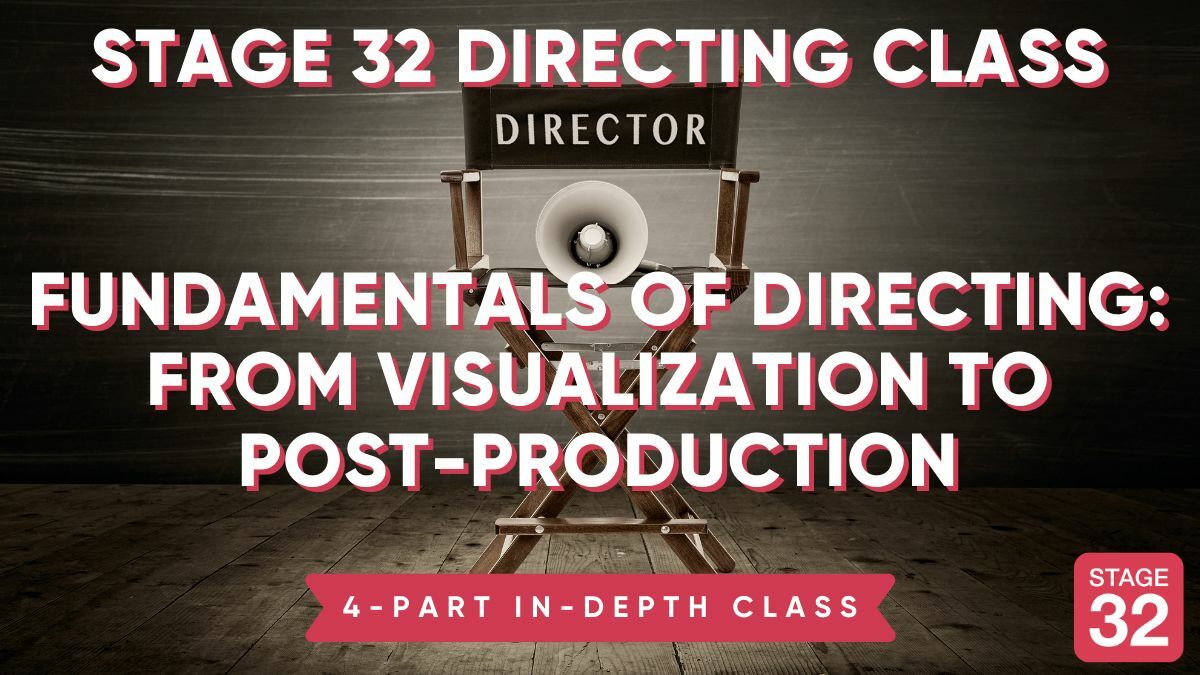Like most creative types, the world of “high finance” is like reading a Greek Tradegy in Greek to me. I have no interest or talent when it comes to any kind of finances, let alone the complex, constantly shifting, competitive marketplace of film financing. I have read about how some films have used “monetizing strategies” that use tax incentives in other countries like Germany and Great Britain to gather millions of dollars with only one or two initially put into a project. I got that phrase from higher up in the Producers Guild whom I know, when I called them “ tax schemes” and she told me that word had a negative connotation. In my way of thinking it’s a “gotta have a gimmick world” and every successful businessman is running a racket, only some “schemes” are legal and others are “borderline.” So can choosing the right locations for your screenplay give you an edge in selling your screenplay? Laws and loopholes vary greatly from country to country, and successful executive producers are savvy when it comes to digging up the best deals. This quote is from: http://entertainment.howstuffworks.com/hollywood-blockbuster-finance.htm “One good example can be found in Germany's tax code: Potential German investors looking to finagle their finances can invest in a future blockbuster and take the related tax deduction right away, thus postponing burdensome taxes for a later date. They buy the movie's copyright and instantly lease it back to the Hollywood studio at the helm. The participating studio also pays the German investors a small advance on the movie, which qualifies as profit and satisfies the other side of the tax law. Then all sorts of swapping follows. For example, the German investors will typically sign contract agreements that limit their involvement to token (and transitory) ownership, for which they pony up around 10 percent at the end of the day. Eventually the rights to the movie return to the studio in full, and the studio takes that profit right off its bottom line. Best of all, the films aren't required to be shot in Germany or employ any Germans, as is dictated by some countries' tax laws, so it still works for movies that might otherwise be inconvenienced by strict location requirements.” Then I’ve heard the some producers will do the same kind of deal in Great Britian, where at least one scene has to be shot in the movie and it must include at least on British actor. But I believe that these financial tactics were used around 2002 with movies like “Bourne Identity”, and I’m not sure if they still work. So someone who knows what the current world financial situation for movie financing currently is, please help us understand what goes on today!



1 person likes this
As a screenwriter trying to break in, thinking of budget is important. You have a much greater chance of breaking in with a low budget film. So understanding that limiting the number of actors and locations will help cut costs is important. As is limiting special effects. But I wouldn't go overboard. If the script idea is good, whomever buys it may ask to change locations because of local incentives. It happened on BREAKING BAD, which is why it's set in Albuquerque.
Sound advice, Mark. I wrote a low budget with that in mind but I haven't given up on my "tent pole". In my reading about movie financing I found this quote: "since 2008, investors can get better terms. The investors have the ability to drive decision-making process right now,” I've actually started to contact investors with that tactic in mind. Movie studios are "one stop shopping" but they're not the only way that movies get made. Independent films are changing the entire landscape of the industry. If investors are behind a project then the other aspects of film making, (i.e. directors, producers, stars, etc), can fall in place. Hollywood is making nothing but remakes and concepts built on proven market concepts like comic book heroes, toys, and board games, and that is because all the investors want "evidence" of the marketabily of the concept behind the film; a "track record" of success, if you will. Directors and producers are using other tactics to finance films than the traditional movie studios, such as Kickstarter, founded in 2009. Perry Chen, C.E.O states that Kickstarter has funded 568 million for 100,000 projects. Things are changing and in the ever changing, fast paced film industry, it's beneficial to all of us to know how things "work."
1 person likes this
Thats an interesting topic. I've had writers submit scripts with a complete budget. Seemed presumptuous to me at the time. Have even gotten an Animoto trailer as well. What is helpful, however, is things like previous works by a writer - have you written for tv before, are you willing to rewrite sections that just dont work. Budgets and trailers and casting are things that are left to other people whose focus is those specific things. If as a writer you've worked out a budget, then go out and get it done yourself! Why leave it to other people to make your film.
Thanks for the perspective Armando. I've read that the one sure way to make sure that your screenplay becomes a movie is to make it yourself. Perhaps that's not as impossible a task as it once was. :)
1 person likes this
I re-read what I wrote and I sound a little bitchy, haha. If, as a writer, you've researched it well enough to come up with a budget, then by all means go for it! I got tired of not getting hired as a composer because I was too expensive, or didnt have enough experience, or wasnt willing to take minimal payment, that I finally said screw it! I'm starting my own production company and I'll hire myself, damnit!! haha
Sometimes life's hard knocks build in us the determination to take on courageous tasks like producing a movie yourself. I admire your courage, Armando. I don't think your sound "bitchy". To me you seem driven... driven to pursue your dreams.